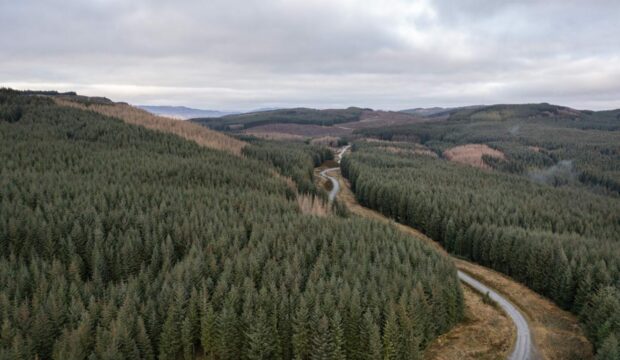A European showdown between the farming industry and the green lobby and
European Commission is looming.
This follows a rejection by the European parliament’s agriculture committee of nature restoration legislation.
This would curb farming in some areas and give legislative teeth to plans to improve biodiversity. The European Commission insists this will not harm farming, but that was rejected by MEPs on the committee.
They claim the legislation goes well beyond the Green Deal policies of the EU now being implemented. They claim nature restoration threatens farming productivity and EU food security.
While this may not be backed by the full parliament it will force the European Commission to justify its plans.
To meet net zero carbon targets EU member states have already introduced curbs on farming. The agriculture committee decision has been welcomed by the European farming lobby umbrella organisation, COPA.
It praised the committee for not allowing itself to be blackmailed by the European Commission and described the stand by MEPs as ‘courageous and judicious’.
EU scientists have questioned the role of forestry in climate change
mitigation. The European Commission’s Joint Research Council (JRC)
acknowledged that forestay has a role in locking up atmospheric carbon,
but say assumptions are based on reducing forest management,
particularly logging.
The JRC claims that even with no management the impact of forestry may be less than supposed. Quoting work at Zurich university they say that if globally all forestry management was stopped the impact would only equate to four years of carbon dioxide emissions.
As to expanding the area of forestry the JRC says this is difficult because of competing demands for land, particularly from agriculture.
But even if a that could be overcome they say an area the size of Germany, France and Spain together would need to be afforested and allowed to grow to compensate for just one year of carbon dioxide emissions.
On that basis the scientists say that while forestry has a part to play in carbon sequestration the real answer remains a dramatic reduction in emissions at source rather than sequestration.
The EU has agreed to roll over regulations suspending all tariffs and other protection measures for imports from Ukraine. This was agreed by all member states as part of the EU response to maintain the economy in Ukraine in the face of Russian aggression.
This will allow cereals in particular to reach the EU via solidarity lanes created to ease
transport into the EU through neighbouring member states as well as from
Black Sea ports, now open because of a suspension of the Russian
blockade.
Action to ease the impact on farmers has continued, with a billion euro national programme by the Polish government approved along with smaller commodity-linked aid schemes in other member states bordering Ukraine and beyond, where markets have been affected by imports.
While trade issues around Ukraine have brought some economic tensions they have not undermined member state unanimity over support for Ukraine, meaning it will remain one of the EU’s major foreign policy successes.
